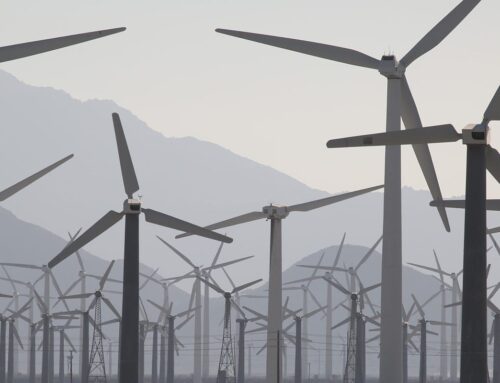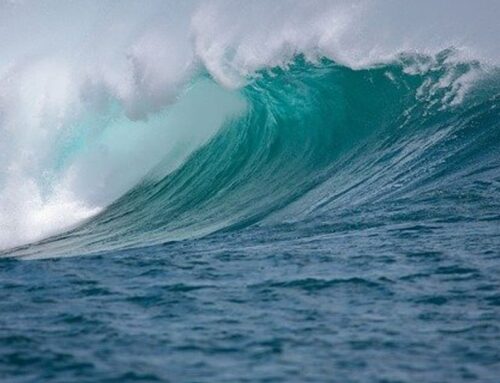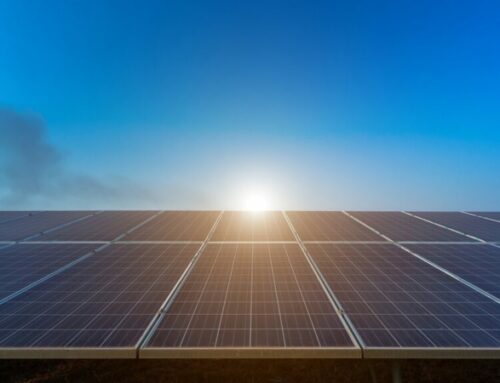EU confirms alternative energy supplies as Ukraine ends Russian gas transit
January 1, 2025
The European Commission has confirmed it spent over a year coordinating with member states to ensure alternative gas supplies, particularly for affected countries in Central and Eastern Europe, according to a comment by the Commission to a Ukrainian news media Suspilne.
This comes as Ukraine has stopped transporting Russian natural gas through its territory as of 1 January 2025, citing national security interests. This coincides with the expiration of the existing gas transit agreement between Ukraine and Russia. President Volodymyr Zelenskyy had previously described the transit revenues as “billions in blood.”
According to the Commission, the EU’s gas infrastructure has sufficient flexibility to accommodate non-Russian gas deliveries through different routes.
“European gas infrastructure is flexible enough to ensure non-Russian gas supplies to Central and Eastern European countries through alternative routes,” the European Commission stated to Suspilne, pointing to expanded LNG import capabilities established since 2022.
The EU maintains that its gas supply security has been reinforced in recent years through a combination of energy efficiency measures and renewable energy development.
In November, Reuters reported that Russian Gazprom’s internal planning had already accounted for this scenario, anticipating the end of Ukrainian transit after 31 December 2024.
Slovakia’s response to Ukraine’s transit halt has sparked tensions. Pro-Russia Prime Minister Robert Fico threatened to cut electricity supplies to Ukraine and met with Vladimir Putin in Moscow to discuss alternative gas arrangements.
However, Ukrainian energy experts say the country can offset potential Slovak electricity cuts through imports from Poland, Hungary, and Romania. They maintain that Fico’s threatened actions would have minimal impact on Ukraine’s power grid stability.
Related:
Search
RECENT PRESS RELEASES
Related Post




